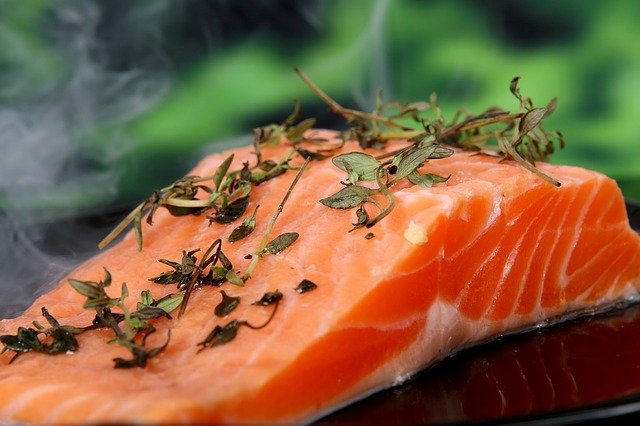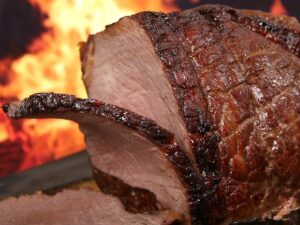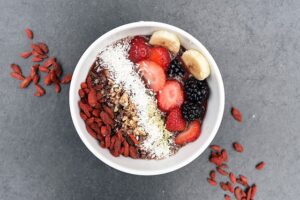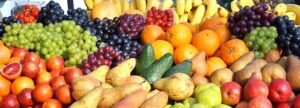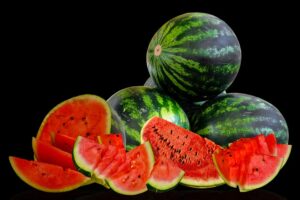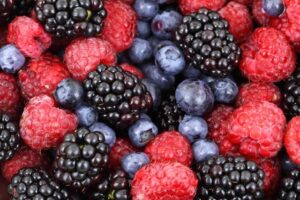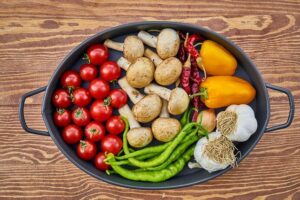Introduction
Getting enough protein in your diet is essential for maintaining muscle mass, supporting overall health, and promoting satiety. If you’re aiming to consume 150 grams of protein per day, it’s important to have a well-planned diet that includes protein-rich foods. In this article, we will explore various strategies and food sources to help you achieve your protein goals.
Calculating Your Protein Needs
Before diving into specific food sources, it’s crucial to determine your individual protein requirements. The recommended daily allowance (RDA) for protein is 0.8 grams per kilogram of body weight. However, this may not be sufficient for individuals who are physically active or have specific health goals.
To calculate your protein needs, multiply your weight in kilograms by the desired protein intake per kilogram. For example, if you weigh 70 kilograms and aim for 2.2 grams of protein per kilogram, your daily protein target would be 154 grams (70 kg x 2.2 g/kg).
Protein-Rich Foods
To reach your protein goal, incorporate a variety of protein-rich foods into your diet. Here are some excellent sources:
1. Lean Meats and Poultry: Chicken breast, turkey breast, lean beef, and pork tenderloin are all high in protein. Aim for grilled, baked, or roasted options to minimize added fats.
2. Fish and Seafood: Salmon, tuna, cod, shrimp, and other seafood options are not only rich in protein but also provide omega-3 fatty acids, which have numerous health benefits.
3. Eggs: Eggs are a versatile and affordable protein source. They are also a complete protein, meaning they contain all essential amino acids.
4. Dairy Products: Greek yogurt, cottage cheese, and milk are excellent sources of protein. Opt for low-fat or non-fat varieties to reduce saturated fat intake.
5. Legumes: Beans, lentils, chickpeas, and other legumes are not only high in protein but also provide fiber and other essential nutrients.
6. Nuts and Seeds: Almonds, peanuts, chia seeds, and hemp seeds are protein-rich options that also offer healthy fats.
7. Tofu and Tempeh: These plant-based protein sources are particularly suitable for vegetarians and vegans. They can be used in various recipes as a meat substitute.
Meal Planning Tips
To ensure you meet your protein goals throughout the day, consider the following tips:
1. Distribute Protein Intake: Divide your protein intake evenly across meals and snacks to optimize muscle protein synthesis.
2. Prioritize Protein at Breakfast: Start your day with a protein-rich breakfast to help control hunger and provide sustained energy.
3. Plan Balanced Meals: Include a combination of protein, carbohydrates, and healthy fats in each meal to promote overall nutrition and satiety.
4. Snack Smartly: Choose protein-rich snacks such as Greek yogurt, protein bars, or a handful of nuts to keep you satisfied between meals.
5. Consider Protein Supplements: If you struggle to meet your protein goals through whole foods alone, protein supplements like whey protein powder can be a convenient option.
Conclusion
Achieving a daily protein intake of 150 grams requires careful planning and a focus on protein-rich foods. By incorporating lean meats, fish, dairy products, legumes, nuts, and seeds into your diet, you can easily meet your protein goals. Remember to distribute protein intake evenly throughout the day and consider meal planning to ensure a balanced diet.
References
– Mayo Clinic: mayoclinic.org
– Academy of Nutrition and Dietetics: eatright.org
– National Institutes of Health: nih.gov

